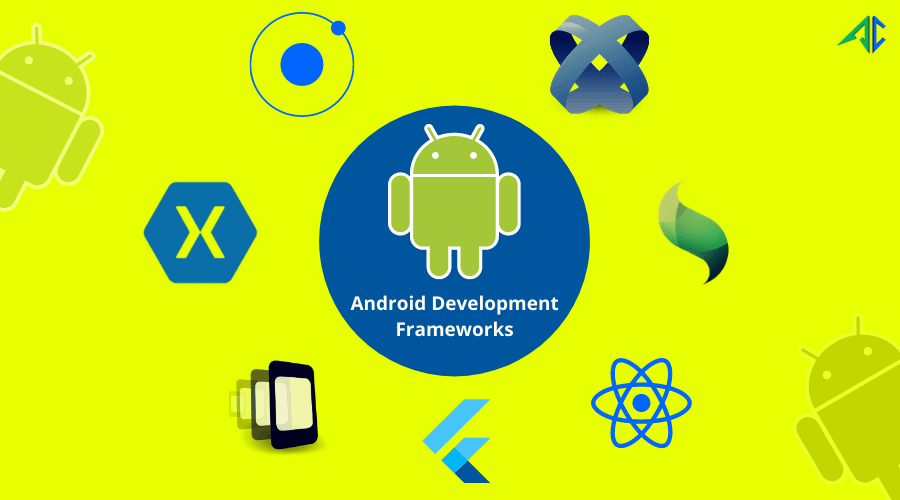Best Android Frameworks For App Development
The best Android framework is the one that allows you to write one codebase and adapt it to various platforms. Depending on the goals of your project, this framework is ideal for developing hybrid mobile apps. The platform also supports HTML, CSS, JavaScript, XML, and CSS, and provides an intuitive interface. The framework also has a large user base and regularly releases new versions. You can depend on it for a stable workflow.
An android framework comes with libraries, best practices, and extensive help documentation to help you build an app quickly and easily. Using a framework will cut down on the amount of time you spend reinventing the wheel and enable you to write high-quality code faster. The framework will also provide you with access to the best practices and libraries for your project, reducing the time you spend rewriting the same code. It will also make it easier to find and use a community of developers who are willing to help you out.
Intellectsoft experts will introduce the key features of each framework, as well as the best projects that each can be used for. This way, you will have an idea of which Android frameworks are best for your next project. You’ll also gain a better understanding of which one to use for your own project. The best Android frameworks are free, open source, and available on Google Play. The AppDaily is a great resource for learning about the framework landscape and the latest technology.
Aside from being free, Sencha Touch also provides an open source Javascript framework. This framework is a popular choice for Android app development and is used by Apple. The framework offers a clear MVC design for a fast, reliable app. Its community is dedicated to creating native mobile apps, so it is often hailed as the best Android framework. The developer community has been satisfied with its quality, ease of use, and affordability, and the many advantages it provides.
Sencha Touch is an open-source framework for Android that is certified by the MIT. It supports HTML5, CSS3, and JavaScript and encourages developers to use hardware acceleration techniques. The AppBuilder is an excellent choice for information-based Android apps. It integrates with social media platforms and Google Play. Ionic is also one of the best android frameworks for app development. TheAppBuilder is the most popular of the three.
Native Android SDK is a popular choice for building native Android apps. It is highly customizable and provides genius tools for mobile application development. Its UI is responsive, and it works well on all types of devices. You can use it for web applications, games, and other web applications. While native apps are typically the most secure and functional, they are also the most expensive. The best android frameworks for app development are based on your project’s needs and your budget.
Choosing the right framework for your project is essential. A framework should make the process of creating mobile applications as simple as possible. It should also provide a good set of libraries for a developer’s needs. It should also provide comprehensive documentation for users. By using Android frameworks, you’ll avoid the risks associated with developing custom apps. These frameworks are great for speedy mobile development. The following are the best Android frameworks for app creation.
The Sencha Touch SDK is an open-source framework that is compatible with many Android devices. It has native themes, and almost 50 built-in UI components. It supports AngularJS, and is a favorite of many developers. It also has an active community of developers. Unlike other platforms, Android apps built with Ionic are more efficient and more flexible than other Android frameworks.
Android frameworks are essential for developing apps. They are indispensable for developing mobile apps, but the best ones will save you time and money. Fortunately, there are a variety of them on the market. Just keep in mind that the best one for you will depend on the kind of app you’re making and the requirements of your project. Then, choose the best framework for your project. And don’t forget to try out a few!





